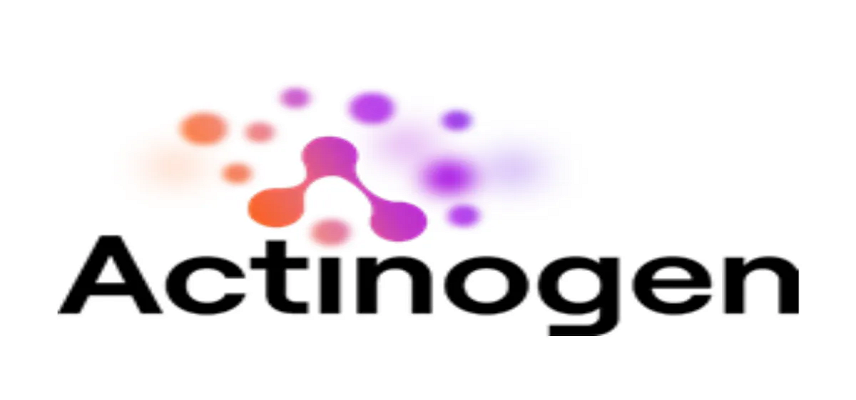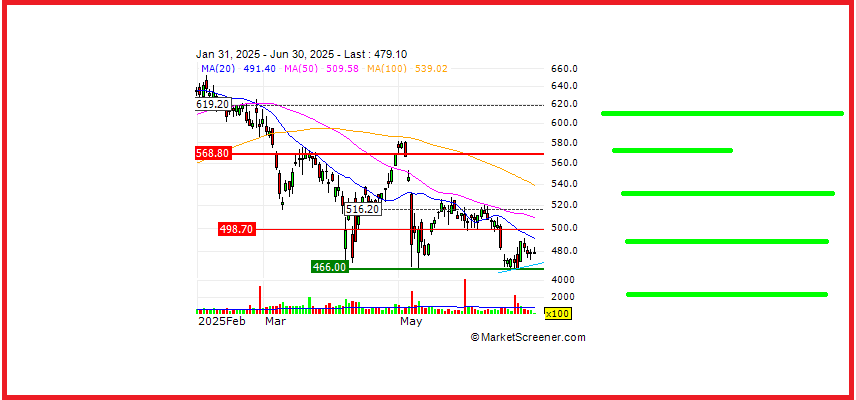Neurocrine Biosciences Announces initiation of Pha...
Category : Clinical Trial Update 1 July 2025Overview Neurocrine Biosciences, Inc. (Nasdaq: NBIX) today announced the initiation of a Phase 1...
Newsletter- All News is a comprehensive section of updated news and current trends, specifically curated to keep clinical trials, including breakthroughs in drug research, regulatory approvals, and advancements in study methodologies. Our news covers key trends in trial designs, patient recruitment strategies, and cutting-edge technologies shaping the future of clinical research

Overview Neurocrine Biosciences, Inc. (Nasdaq: NBIX) today announced the initiation of a Phase 1...

Overview With the 100th participant enrolled in the XanaMIA trial, the timeline for the planned i...

Overview argenx SE (Euronext & Nasdaq: ARGX), a global immunology company committed to improv...

Overview Bavarian Nordic A/S, a global vaccine company with a mission to improve health and save...

Overview UCB, a global biopharmaceutical company, today announced that the Phase 3 study investig...